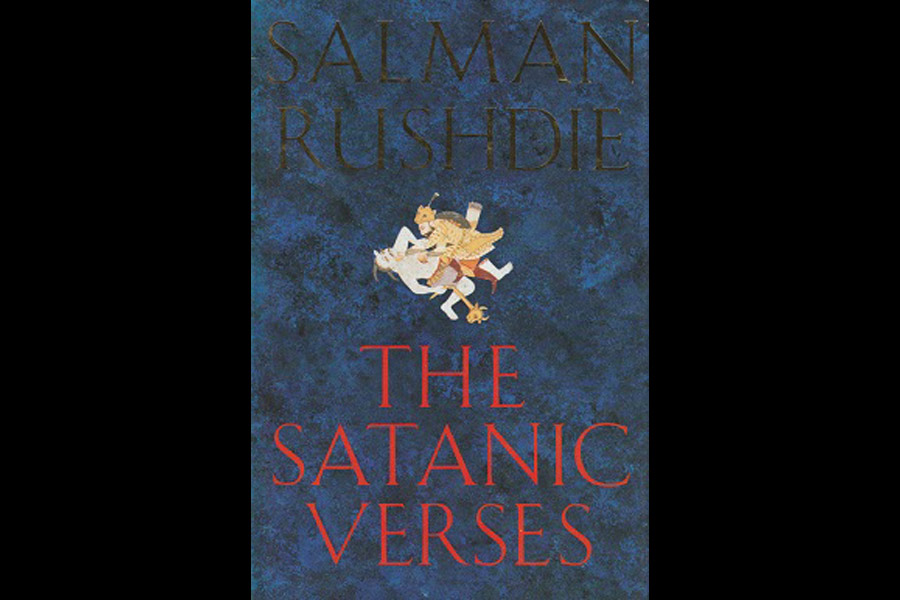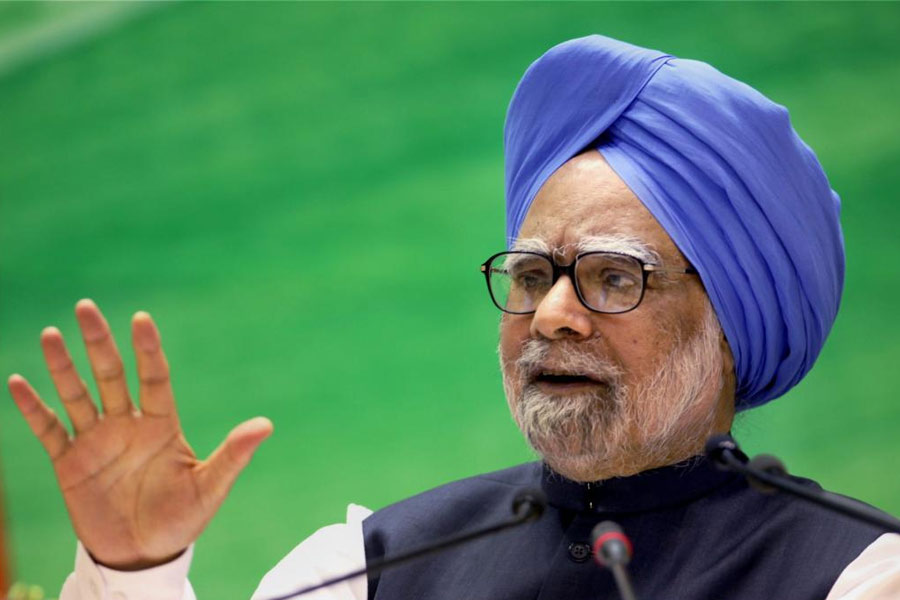Delhi University's academic council has approved four value-added courses on the greatness of the Bhagavad Gita, drawing flak for allegedly undermining the pluralistic ethos of a secular educational institution.
The academic council, chaired by vice-chancellor Yogesh Singh, has also greenlighted a value-added course on the government's vision of Viksit Bharat, a PhD programme in Hindu Studies and a twinning arrangement with foreign universities that will allow students to spend one semester abroad.
The courses approved on Friday are The Gita for a Holistic Life, Leadership Excellence Through the Gita, The Gita for a Sustainable Universe, and The Gita: Navigating Life Challenges and Envisaging Viksit Bharat: Perspectives and Challenges.
They are part of the list of courses that the university has already prepared for the colleges to take their pick from based on the availability of resources. Students of the four-year UG programme have to pursue four value-added courses in the first two years.
Academic council members Maya John, Monami Sinha, Mithuraaj Dhusiya and Biswajit Mohanty have submitted dissent notes on the selection of courses and the tone of the topics.
John said the formulation of numerous value-added courses solely on the Gita minimised, if not foreclosed, students' engagement with the diverse and divergent traditions of India.
"Indeed, an engagement with a diversity of value traditions is crucial for young students before they decide their religious-moral endowment. Further, Article 51A (h) of the Constitution of India amply underlines the need 'to develop the scientific temper, humanism and the spirit of inquiry and reform'. However, contrary to the Constitution, these value-added courses seek to promote mystical thinking, which is amply evident in the papers," John said in her dissent note.
Sinha's note said a university established under the secular principles of the Constitution should incorporate religious texts into the curriculum only for the purpose of critical analysis or as part of mythological studies, not as a means to propagate religious doctrines or prescribe a particular way of life.
"While the Gita is undeniably a profound philosophical text that individuals may seek for personal guidance, promoting one religious scripture over the diverse array of belief systems risks undermining the pluralistic and inclusive ethos essential to a secular educational institution. This approach could inadvertently privilege one religious worldview at the expense of others, thereby challenging the foundational principles of equality and neutrality in academia," Sinha said in her note.
Last year, the university had introduced value-added courses on vedic mathematics.











